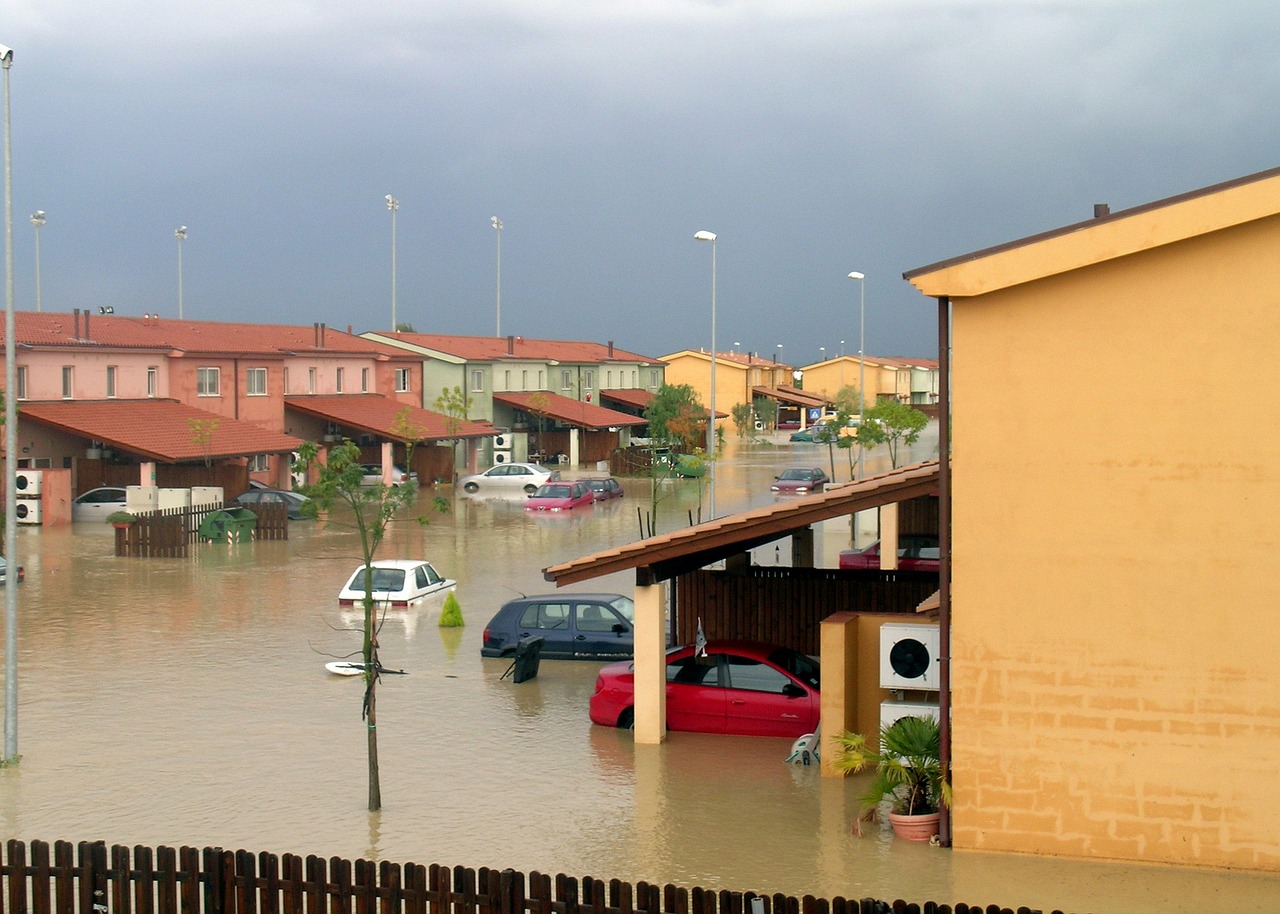Why you need to respond fast when you find a flood in your home
Water damage is a constant threat. It can put both the house and you in danger. Water damage can impact a property’s structure if it goes unnoticed for an extended period, which is conceivable. It can happen if the pipe has an internal leak, the line is damaged, or the region is flooded.
Furthermore, if the problem is not addressed within the first 24-48 hours, it can cause significant damage to both the interior and exterior components. It causes a panic scenario! You may become panicked due to the situation, and you may be unclear about what to do.
Here are some of the reasons why you should act quickly when you are dealing with water damage.
1) Weakening of the Structure
Excessive water damage may wreak havoc on the structure of your house. It is because water might accumulate between the walls, ceiling, or beneath the flooring.
The flooring may appear in good condition at first, but as the problem progresses, the tiles may begin to crack apart, or water may seep out of them. They can even unwind. If you have hardwood or laminate flooring, it may start to peel and distort.
The building will suffer severely if the solid material, such as stone, concrete, or steel rods, continues to deteriorate. The structure begins to decline as a result of this. To regain your property, it is typically best to hire a water damage repair company.
2) Mold Development
Mold is a fungus that grows in damp, moist settings with high humidity levels. This fungus travels through the air by spores, which can cause skin, nose, and throat infections in mild cases. In extreme cases, it might result in asthma and a compromised immune system.
Molds are parasitic organisms that consume the entire structure from the inside out. They can grow on books, clothes, carpet, walls, insulation, and just about everything! Mold may grow in as little as 24 hours.
It should never go untreated. Mold removal may be expensive since you must remove the entire infected area. Always hire a water damage restoration company to deal with them.
3) Damage to Electrical Appliances
Electrical appliances are often rendered inoperable in the event of a flood or water damage. Electrical equipment such as dryers, microwaves, televisions, and geysers are harmed by moisture and water. It also results in a financial loss.
You should not use these appliances unless they have been thoroughly examined. Do not connect such devices!
4) Physical destruction of property
Water damage can occasionally be seen as stains on the walls and ceilings. The paint and wallpaper on the wall may peel as a result of the leak.
If the leakage is severe, the afflicted area may become bloated and spongy to the touch. The sites may even begin to stink and emit an unpleasant odor throughout the house.
To prevent additional damage, you must fix these leaks with the assistance of a water damage restoration company.
5) Health Risks
Water-damaged or flood-affected regions provide a breeding environment for many microorganisms, including bacteria and fungi. They are capable of causing infections in the eyes, skin, nose, and lungs.
To completely clean the area, it is necessary to contact a flood water damage cleanup company.
6) Personal Property That Was Destroyed
In the case of a flood or water accumulation, some personal things, such as books, notes, photos, personal papers, and clothes, are entirely ruined.
These artifacts, however, may be salvaged if immediate attempts are taken to remove the water. Call a flood water damage cleanup company right away since they have the necessary equipment to remove this water.
To summarise
Such situations can be financially and emotionally draining. Regularly maintain all plumbing systems, pumps, and appliances to ensure water does not harm your house or personal items.
Seek professional help if there is water damage. To avoid squandering your money, choose a flood water damage cleanup company after doing a thorough background check. It will guarantee that prompt action is taken to safeguard your home from any potential risk.

